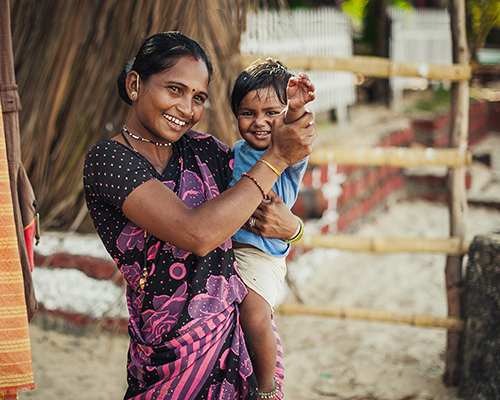Gender and Global Health

Former President of USA George HW Bush once remarked,” Let me tell you, this gender thing is history.” At that time, this caused instantaneous outrage not just in political but non-political circles as well. However, it soon died down. I believe Bush was excused (or at least wasn’t taken to the cleaners, literally) because he is a Republican. But when Larry Summers, then as President of Harvard University, and an advisor to many Democrat presidents mentioned the unmentionables regarding gender, this caused serious angst amongst people, leading to his resignation. It is a different debate altogether whether to consider a Democrat a more rational person than a Republican. But when Summers’s faux pas led to that uproar, it surely didn’t come as a surprise that Harvard chose a woman, Drew Faust to replace him. The point I wish to make here is times have changed—just being politically correct is no longer acceptable. How are things like gender juxtaposed in the true sense of the word in modern discourse is what really matters, especially when it comes to discussing global health issues.
According to the WHO, definition of gender is: “socially constructed roles, behaviors, activities, and attributes that a given society considers appropriate for men and women”. However, while gender mainstreaming is well documented in programmatic interventions on health universally, the picture on the ground reveals a different story. During my stay so far in India, I have observed that often there a blurred vision when it comes to discussing gender which is often confused with only women’s health issues. For instance, I have observed in field visits that most men perceive MNCH issues solely the prerogative of women. One such program Sambodhi recently evaluated for BBC Media Action tackled this problem head on. Called the Chaar Gaanth program, the program initiated rural men to take active role in preparing for child birth. This is a novel program and its reach is limited. I believe in order to meet the MDGs, and to actually reduce gender inequities a lot needs to change, not just people’s perception on gender.
Sambodhi helps evaluate many maternal, newborn and child health (MNCH) programs for many bilateral and multilateral agencies. In most cases, however I have noticed the programs have been designed such that the health of women is complementary to, but not synonymous with, the promotion of gender equity in health. Further, I have noticed that global health policies and programs focused on prevention of and care for the health needs of men are notably few in number. To overcome entrenched ideas within global health is imperative and even more important to convince donors and governments to ensure that programs address the health needs of both women and men. Galvanizing gender into global health necessitates these thoughts and actions are more political to influence interactions among the prevailing ideas, relevant interests, and institutions which determine health policies.

Leave a Reply
You must be logged in to post a comment.

